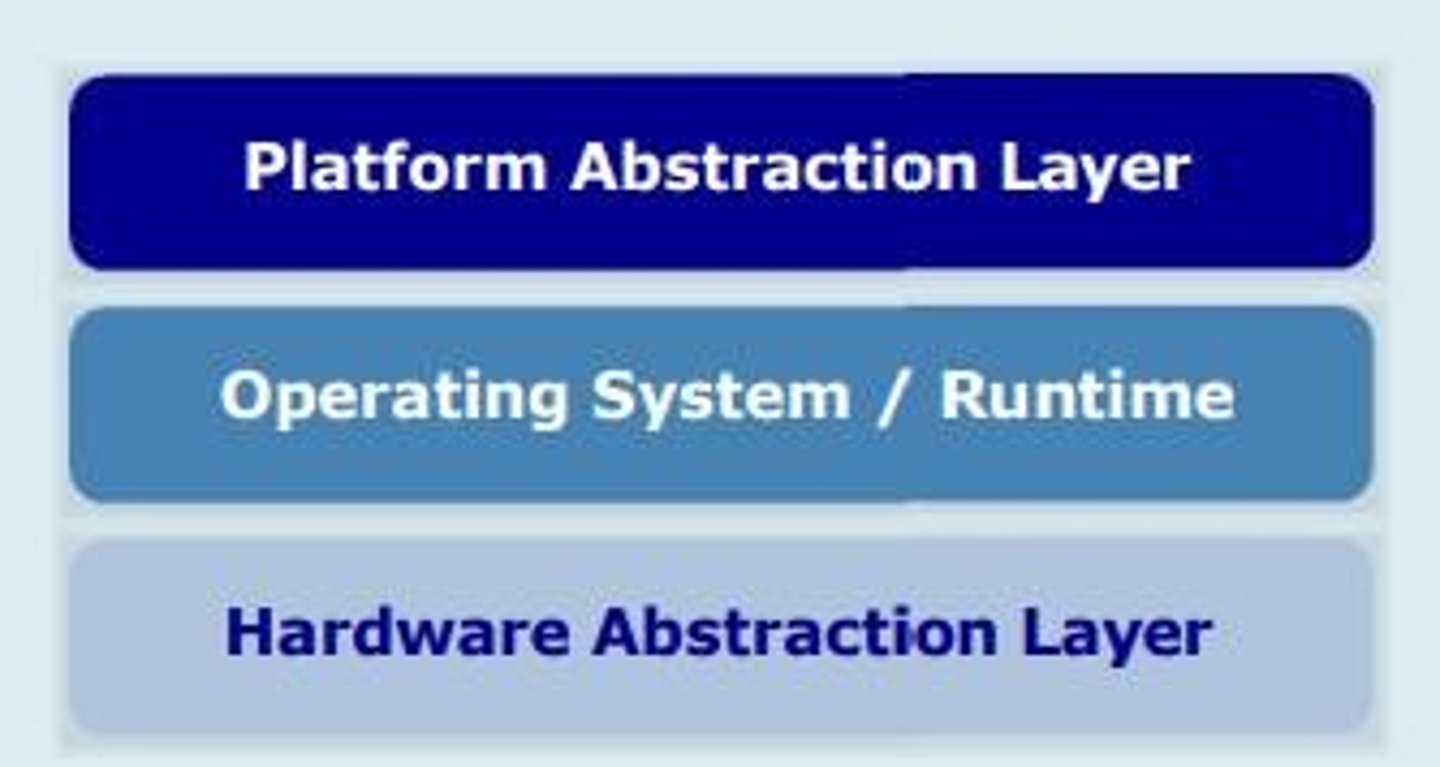Comprehensive Guide to Platform Technologies and Architectures
1/43
There's no tags or description
Looks like no tags are added yet.
Name | Mastery | Learn | Test | Matching | Spaced |
|---|
No study sessions yet.
44 Terms
Platform Technologies
offer a strategic method for the systematic reuse of core components across diverse applications
Strategic Alignment
unified enterprise-wide framework, leveraging shared capabilities for greater impact and consistency.
Design Paradigm
a modular design approach for complex systems, enabling efficient and systematic component interchangeability.
Key Enablers
Addresses barriers to reuse, improves knowledge organization, ensures feasibility of adoption.
Service-Oriented Architecture
building solutions by connecting services from different providers
Complexity Management
moving from standalone solutions to nested, modular, plug-and-play systems.
User-Generated System
empowering end-users to innovate through APIs and open platforms.
Accelerated Development
drawing upon underlying services to avoid reinvention, fostering rapid deployment.
Platform Technologies Definition
a group of technologies as a base for other applications (hardware + OS)
Power of Abstraction
products are remixes of services from platforms, enabling bundling.
Dynamic & Innovative Growth
demonstrate rapid, ecosystem-driven growth, examples like App Store and eBay
Universal Applicability
platform concept extends beyond IT, applying to any layered system.
CPU & Machine Code
early applications were tightly coupled, demanding specific CPU architectures and machine-level programming
Layered Systems
platforms distribute systems into distinct abstraction levels to manage complexity

Core Layer
provides fundamental, reusable services, establishing the platform's foundation.
Application Layer
builds user-facing features by consuming core services.
Non-Platform Technology
Hammer - Homogeneous, Single-purpose system
Platform Technology
Automobile Chassis - common base for diverse vehicles, engines, and interiors.
Design for Interoperation
built to connect and exchange data with diverse systems
Unforeseen Applications
innovations not anticipated by creators
Non-Excludable & Non-Rivalrous
dematerialized nature fosters cooperation and shared use without depletion.
External Value Creation
value is generated by external parties building on or connecting to the platform
Product Emergence Structure
platforms enable diverse products without introducing new processes.
Building Blocks
core components are defined for flexible bundling into various solutions.
Rapid Development
combines existing services for swift creation
Dynamic Product Evolution
platform models drive continuous innovation and shorter development cycles
Optimized Resource Utilization
minimize financial and technological burdens
Fostering Open Collaboration
promotes inclusivity and shared innovation across the technology landscape
Operating Systems
provide the basic services required to use hardware
Computing Platforms
platforms built on top of operating systems that provide computing functionality in areas such as cloud computing and virtualization
Database Platforms
cloud platforms for deploying and managing various types of database such as relational, NoSQL and in-memory databases.
Storage Platforms
scalable storage of objects and files including APIs and value-added services that is backed up in multiple locations
Application Platforms
environments and toolkits for developing and deploying applications
Mobile Platforms
mobile operating systems and environments for building mobile apps
Web Platforms
provide services that are useful to websites and web-based software as a service
Content Management Systems (CMS)
for publishing and managing content, media and documents
Media Platforms
for media publishing and analysis with tools (video transcoding, streaming, and recognition)
API Platforms
for deploying APIs that are typically built around an API gateway that performs functions like load balancing, latency reduction and rate limiting.
Analytics Platform
for capturing, processing, analyzing and visualizing data
Security Platform
firewalls, identity & access management, directory services, certificates, compliance reporting, encryption, key management and threat detection
Robotics Platforms
may include an operating system for robots with a framework for developing and deploying backend systems and services for robots on cloud infrastructure.
Internet of Things (IoT)
may include an operating system for devices and a cloud platform with specialized APIs for internet of things
AI Platforms
services that are based on AI (voice synthesis service) and tools for building your own AI (machine learning API)
Game Platform
environments that are optimized for running game services such as backends for mobile games or massively multiplayer online games.